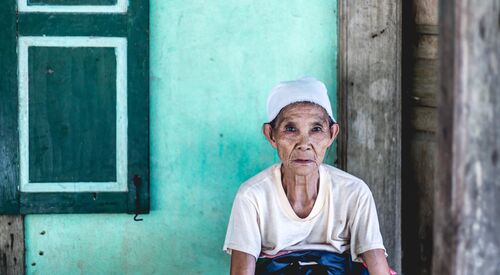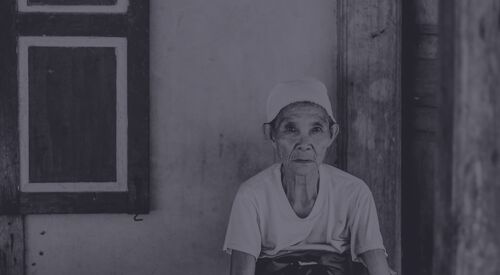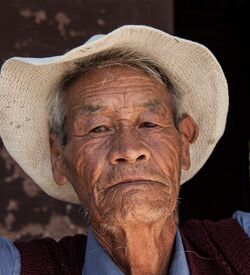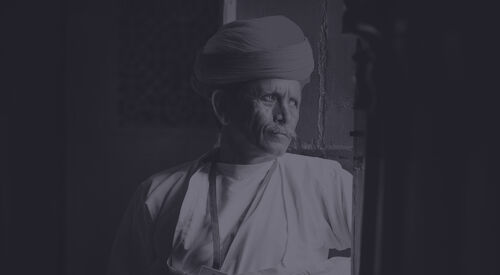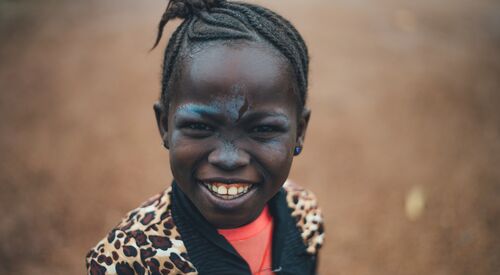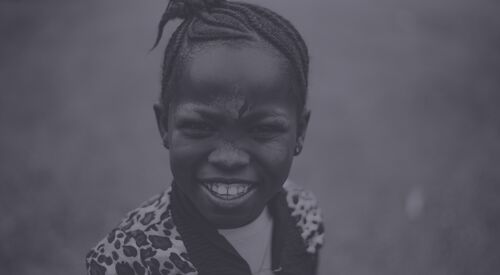Project for the Advancement of Our Common Humanity (PACH)
The Project for the Advancement of Our Common Humanity (PACH) is a think-and-do tank focused on researching and applying the science of human connection to create a more just and humane world. We believe that transforming the way we see each other will transform the way we treat each other.
To do so, we are focused on:
Research: Strengthening our shared knowledge into the roots of and solutions to the crisis of connection.
Curriculum: Designing pedagogical materials and lessons around the crisis of connection.
Community-Based Interventions and Trainings: Working within and alongside communities around the world.
PACH is housed at the Metropolitan Center for Research on Equity and the Transformation of Schools at New York University.
PACH has received funding from multiple donors including: Einhorn Family Charitable Trust Foundation, The Spencer Foundation, The Rockefeller Foundation, and The Silicon Valley Community Foundation.
The Crisis of Connection
At the beginning of the 21st century, we are beset by a global crisis of connection. People are increasingly disconnected from themselves, each other, and the world around them.
Alienation, isolation, and fragmentation are now common across and within communities. In the place of the “we,” we have been left with the “me,” the solitary individual, whose needs, wants, and desires take precedent over the collective. Yet, despite widespread agreement about the fraying of human connection, there is a lack of consensus as to the root of this crisis of connection and what might be done about it.
Over the past four decades, however, the basis for such a consensus has emerged from discoveries within the human sciences. The collective insights, coalescing in the science of human connection, compose a five-part story about the roots and consequences of the crisis of connection and potential solutions. The aim of PACH is to communicate, research, and apply to practice the five-part story that explains:
Part 1: Who We Are as Humans
Humans have remarkable social and emotional capacities and need one another to thrive.
Part 2: What Has Led to a Crisis of Connection
We live in a culture that doesn’t value the very qualities that we need to thrive and cooperate. It is also a culture that perpetuates a set of ideologies (patriarchy, white supremacy, capitalism) and stereotypes that are premised on a hierarchy of humanness (people and qualities).
Part 3: The Evidence of the Crisis
This clash between our culture and our nature leads to a crisis of connection.
Part 4: The Consequences of the Crisis
The consequences of the crisis of connection include suicide, substance use, violence, hate crimes, income inequality, educational inequality, and homelessness.
Part 5: The Solutions
Recognize the ways in which our modern culture with its dehumanizing stereotypes and self-focused “masculine” orientation leads to a crisis of connection.
Change the culture (and not just the individual) to make it more caring, just, and humane.
Disrupt the hierarchy of humanness embedded in our ideologies and stereotype by replacing judgment with curiosity and building connections across and within communities.
Learn more about the crisis of connection here.

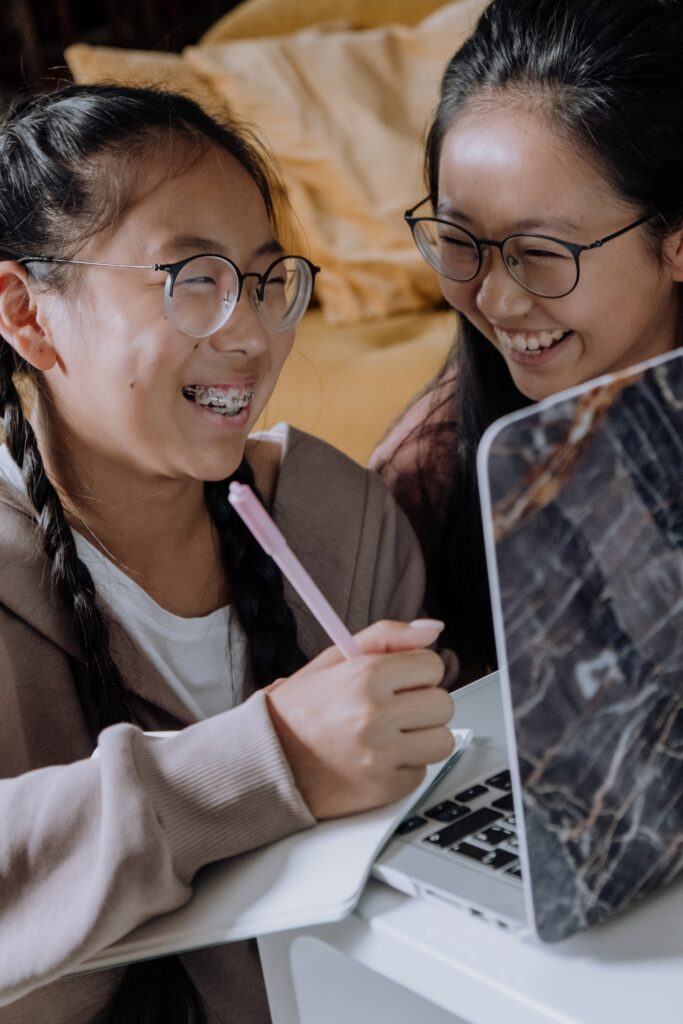
How does PACH Address the Crisis of Connection?
At PACH, we engage in communicating and conducting research that contributes to the newly emerging field of the science of human connection. We also design community-based interventions to re-sensitize us to our common humanity. Through these strategies, we aim to challenge widely held stereotypes, disrupt practices that silence and marginalize, and create a more just and humane world. Learn more about our solutions: PACHworks.






